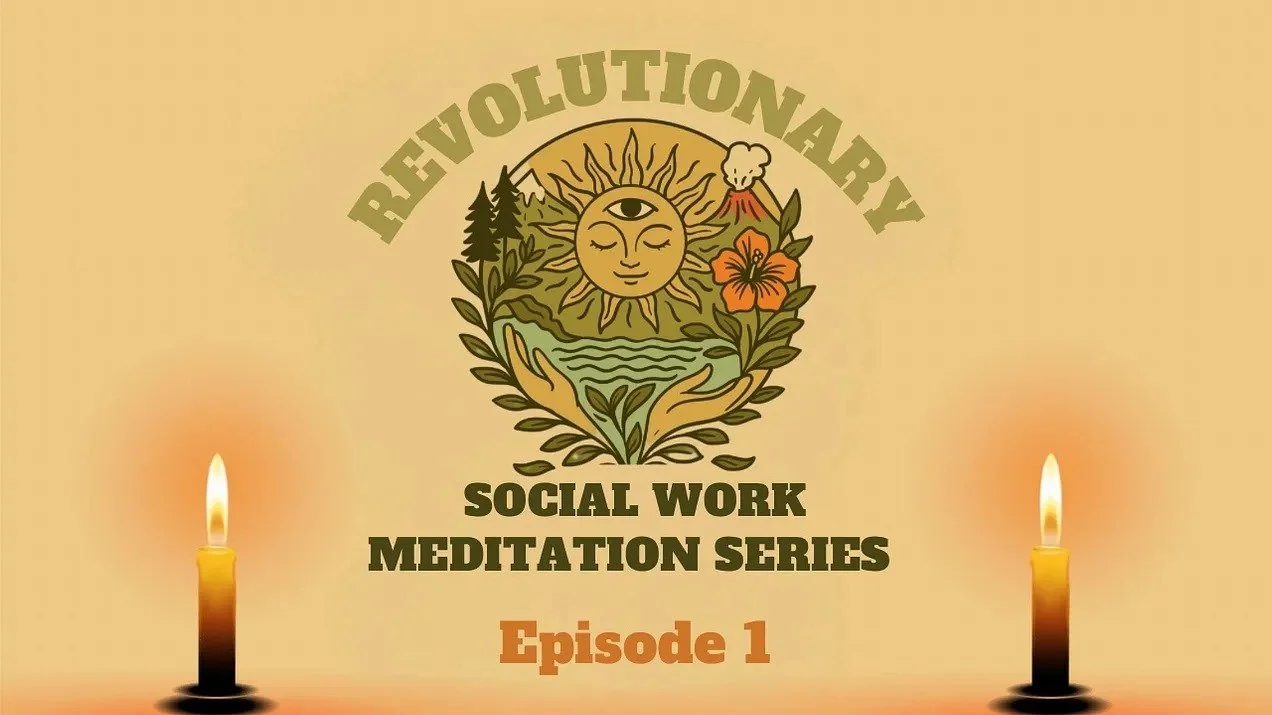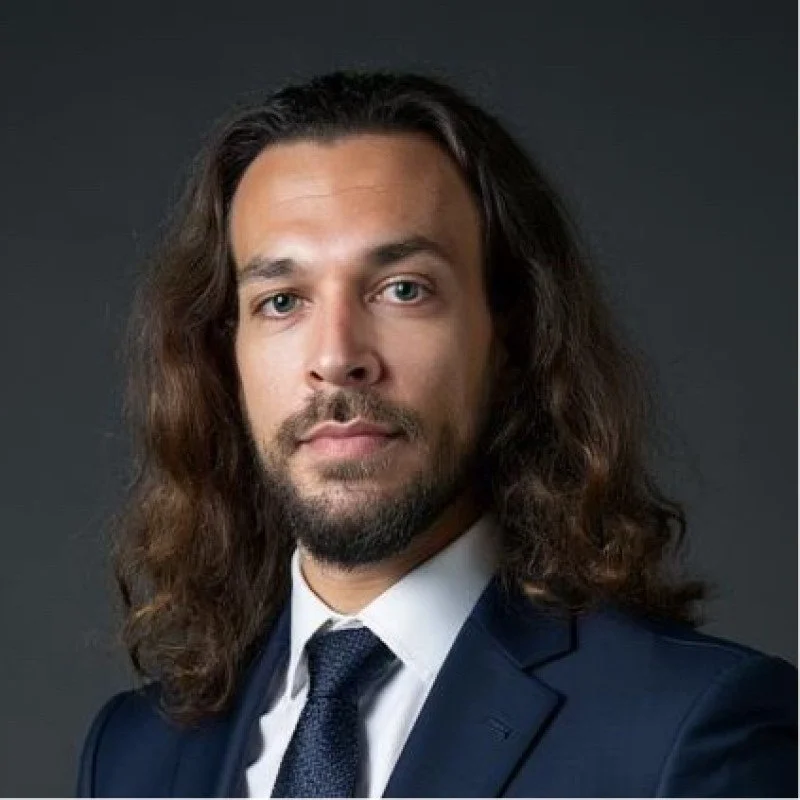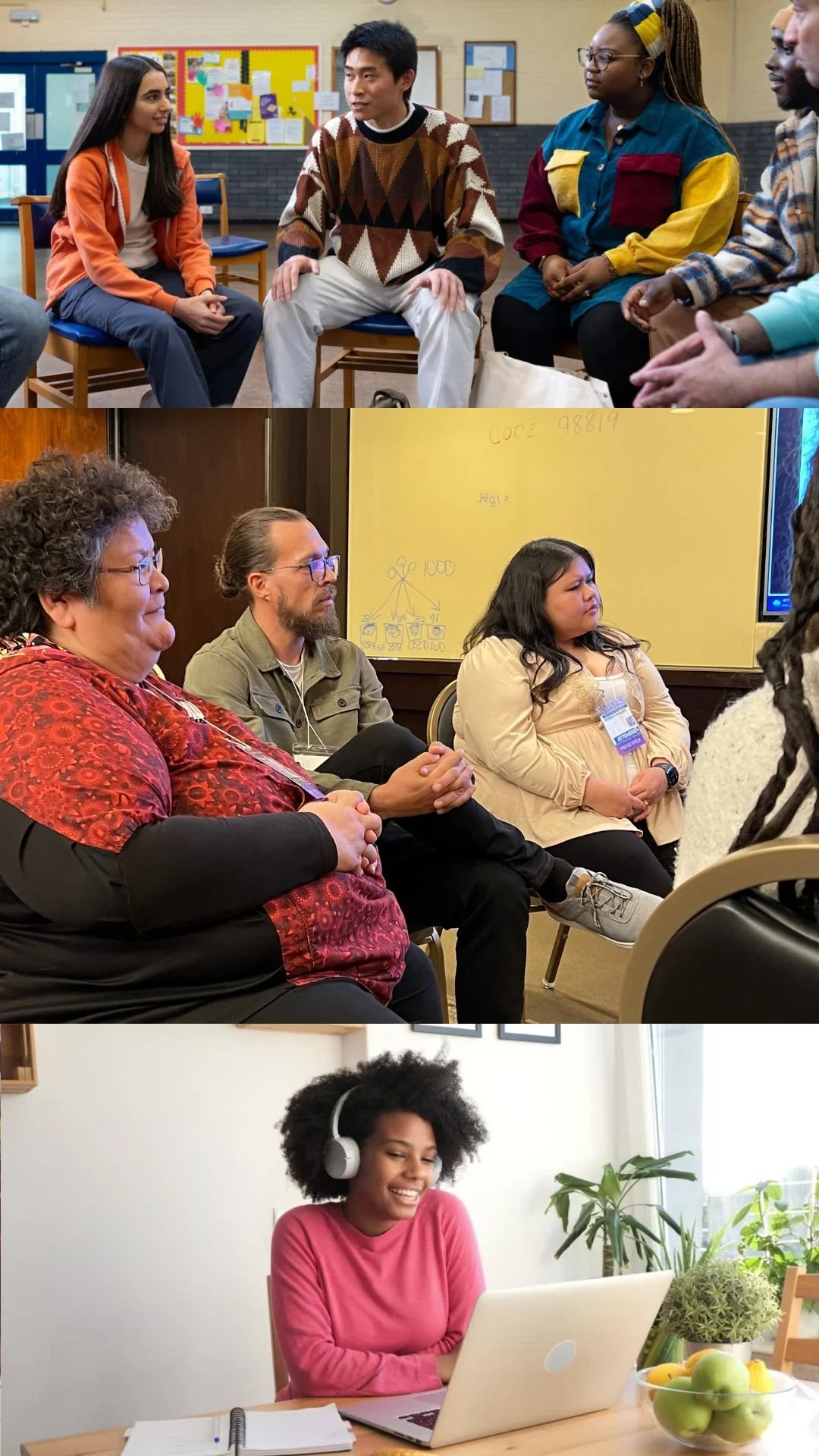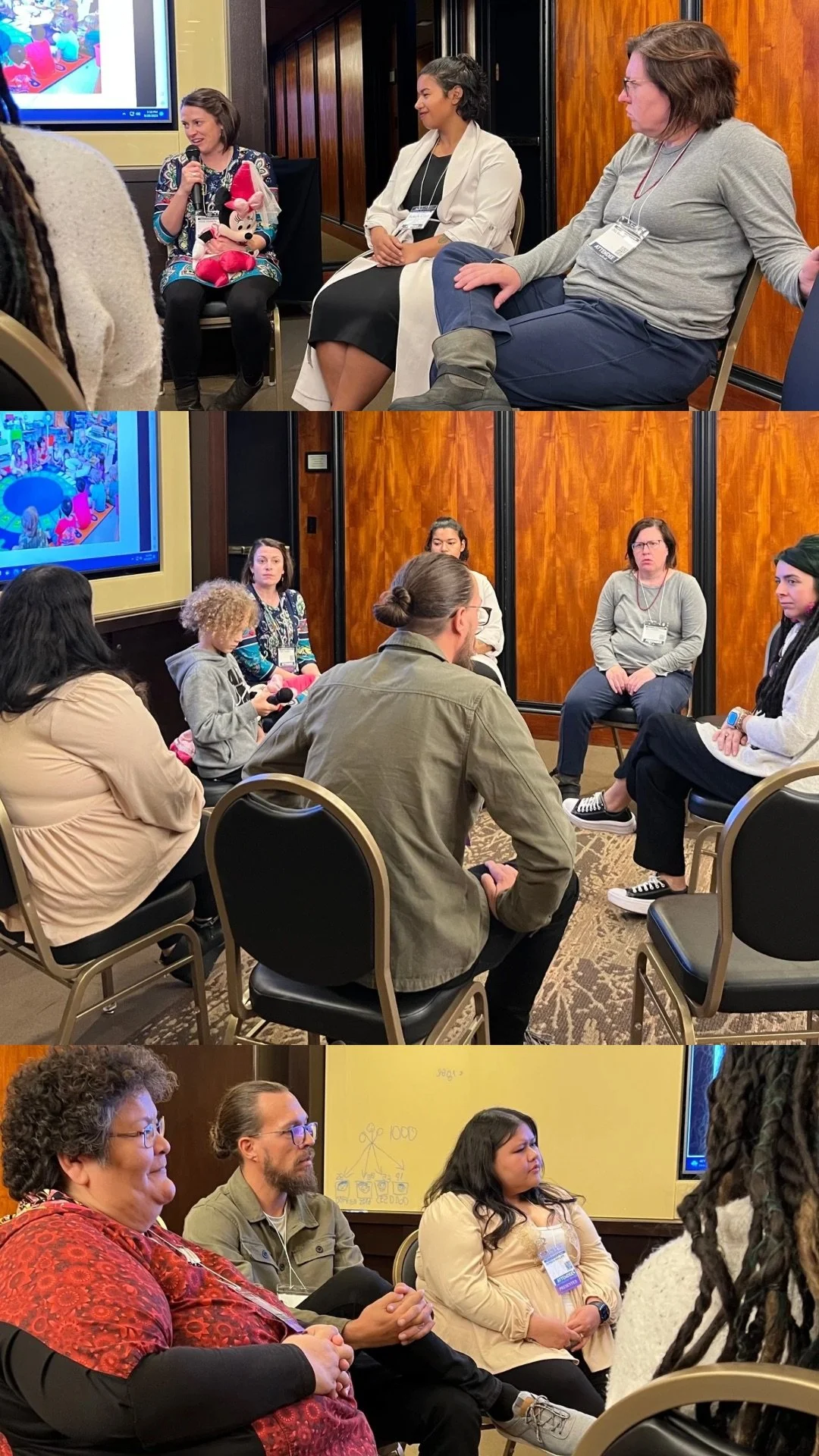Christian Ace Stettler – Professor Ace
I’m Christian Ace Stettler—professor, podcaster, father, and founder of Revolutionary Social Work. My work is rooted in the belief that meaningful social transformation begins with personal transformation. I teach, speak, and write at the intersection of critical pedagogy, Indigenous knowledge, trauma healing, and social work practice.
I currently teach at the University of Alaska Fairbanks and co-host two podcasts: The Critical Social Worker and The Revolutionary Social Work Podcast, where I facilitate deep dialogue with guests from around the world exploring healing, justice, and becoming more fully human.
I also lead dialogic talking circles rooted in relational accountability, critical reflection, and kinship. These circles are not only a pedagogical tool but a personal and communal practice for liberation.
Many of my core values as a human being and person are centered around family. I involve my wife and children in everything I do. We never go anywhere alone. For example, if I am invited to a conference to speak, I bring along one of my little apprentices (my children) and we often go as a family. I work with Alicia (my wife) on all of my creative projects and my children are often co-facilitators of my talking circles.
My writing, speaking, and teaching are grounded in Revolutionary Social Work values:
Kinning | Challenge the Status Quo | Non-Partisan Commitment | Relational Grounding | Indigenous and African-Centered Wisdoms | Transformative Reflection | (Re)Connection | Love as Praxis | Unity | Social Work Beyond the Profession
The revolution must begin with ourselves. I’m committed to an education and practice that centers humanity, story, presence, and place.
The Critical Social Worker
A Revolutionary Storytelling Podcast
The Revolutionary Social Work Podcast
A show dedicated to examining and revolutionizing social work beliefs and practices.
Teaching
My teaching philosophy is deeply rooted in the principles of revolutionary, indigenous, and dialogic pedagogies. These approaches guide me in prioritizing the creation of a rich and meaningful experience for all participants in the classroom.
I believe that the most effective way to foster this experience is by embracing a dialogical paradigm, one that draws inspiration from indigenous practices. To this end, I respectfully employ talking circles to establish a nurturing environment where students can explore critical consciousness, forge connections, process emotions, and engage in their healing and wellness journeys. This is especially vital in framing the course content in a way that is personally relevant and enriching.
In my asynchronous online courses, I strive to translate the intimate essence of talking circles using innovative techniques. Critical dialogue and reflection are central to my practice; they empower students to actively participate in and contribute to their learning process.
A core tenet of my philosophy is the equitable sharing of power within the educational space. In my classroom, every student is a teacher, and every teacher is a student. This reciprocal relationship fosters a learning environment where everyone’s insight and experiences are valued. It reminds us to relinquish our titles and approach learning with openness and humility.
Finally, I recognize that connection is an indispensable element of any successful course. My aim is to create an engaging and relatable learning experience, where students can feel deeply connected to the content, themselves, and the diverse world(s) they inhabit. This connection not only enhances comprehension and retention but also enriches the lives of my students by making the material more relevant and applicable to their everyday existence.
Talking Circles
More than a decade ago, I was introduced to Talking Circles through a group of Alaska Native women and Elders. Grandmother Rita Pitka Blumenstein, a Yupik Elder and Healer who has since passed on, taught me the way. She told me that each of us have a h-o-l-e inside of us and if we want to become w-h-o-l-e that we must fill up and heal the hole. Many of us are hoodwinked into using unhealthy food and media (tv, advertisements, music with negative lyrics, etc) to compensate. Yet, they only make things worse. She taught that the Talking Circle can be a place of listening and healing. We can use the Circles to heal and to begin (re)connecting to become whole again. She emphasized that we cannot learn effectively if our hearts are burdened. Thus, talking circles are also a space to unburden our hearts so that we can learn from each other more effectively.
Unangan Elder, Ilarion Merculieff, has also contributed heavily to my interpretation and practice of Talking Circles. He tells us the Circle is no place for violent language. Although this can include hate speech such as racial epithets, he takes it deeper- even saying “I disagree” in a Circle is violent. We are not in the Circle to agree or disagree with our other selves (the other participants). We are there to listen. It is very possible for someone to have a truth that is different from our own, and to still honor it. This is how we come closer together and begin the process of kinning and healing.
I facilitate Talking Circles in the classroom, online, at conferences, and at home with my family. It is a deep practice of relational healing. If you would like to be a part of a circle, then I would welcome you home.
Podcasting
I host two podcasts. Both operate on values.
The Critical Social Worker: A Revolutionary Storytelling Podcast is recorded with the support of the University of Alaska Fairbanks department of social work. I often involve students as co-hosts and/or encourage them to participate through the audience. I regularly utilize them as a part of my curriculum. The values are:
1) Foster critical dialogue, reflection, and critical consciousness
2) Use storytelling as a form of education
3) Create a safe and inclusive space
4) Focus on critical thinking, not partisan politics
5) Uphold revolutionary social work values
6) Encourage empathy and understanding
7) Build community and connection
8) Highlight Indigenous ideas and experiences
9) Facilitate transformative experiences
10) Change our world(s)
I also host the Revolutionary Social Work Podcast with my wife, Alicia. This podcast exists to bring Revolutionary Social Work to life through storytelling and dialogue. The values are:
1) Kinning
2) Challenge the Status Quo
3) Non-Partisan Commitment
4) Relational Grounding
5) Indigenous and African-Centered Wisdoms
6) Transformative Reflection
7) (Re)Connection
8) Love as Praxis
9) Unity
10) Social Work Beyond the Profession
Articles
Writing from the heart of Revolutionary Social Work — where personal transformation, dialogue, and kinship meet.
-

Introducing the Revolutionary Social Work Meditation Series
Not in theory—actually. In the middle of stacked caseloads, performative meetings, institutional gaslighting, political fatigue, and the quiet grief of watching a profession drift away from its purpose.
-

Your Intuition Has Been Hijacked (And You Probably Didn’t Notice)
I found out Santa Claus wasn’t real—and my stomach twisted. It wasn’t just disappointment. It was betrayal. Everyone had played along. My parents. My teachers. The books. The movies. I wasn’t just sad; I was ashamed. Ashamed for believing something so obviously false.
-

What Is Revolutionary Social Work?
In recent times, an increasing number of students, professors, and practitioners have reached out to us with a pressing question: What is Revolutionary Social Work (RSW)? As the term gains traction internationally, especially beyond the United States, we felt it necessary to reflect and provide a more comprehensive understanding.
Get in Touch with Professor Ace
Whether you're interested in speaking engagements, joining a Talking Circle,
or connecting around collaborative work—I’d love to hear from you.
Email me at: revolutionarysocialwork@gmail.com



